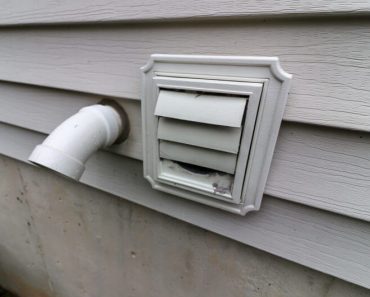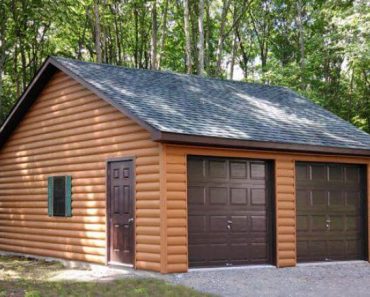With the global shift towards remote work, more and more people are looking to transform unused spaces in their homes into practical, inviting workstations. One such space that’s often overlooked is the garage. 🚗 With some thoughtful planning and a bit of elbow grease, you can convert your garage into a fully functional, comfortable home office.

Step 1: Planning Your Space ✍️
The first step towards transforming your garage into a home office is planning. You need to consider how you’re going to use the space, what your needs are, and what constraints you have to work with.
Think about the layout, lighting, storage, and temperature control. Consider where your desk, chair, and shelves will go. Don’t forget to account for space for a printer, scanner, or any other office equipment you might need.
Also, consider the electrical outlets and how you’re going to power your devices. If your garage lacks sufficient outlets, you may need to factor in the cost of having more installed.
Important Note: Make sure to comply with local building codes and regulations when planning your office. This may impact your design decisions, particularly if structural changes are needed.
Step 2: Clearing and Cleaning 🧹
Once you’ve decided on a plan, the next step is to clear out your garage. This might be the most physically demanding part of the process, but it’s a crucial step.
Remove everything and give the garage a good clean. This will give you a fresh canvas to work on and might even uncover some issues that you didn’t know about, such as damp, mold, or cracks in the wall.
Step 3: Insulation and Temperature Control ❄️🔥
Garages are not usually designed with temperature control in mind, so this is a critical step. Adding insulation to the walls, ceiling, and garage door can help keep your office warm in winter and cool in summer.
Consider investing in a portable heater or air conditioner for temperature control.
Important Note: A professional can help with installing insulation if you’re not comfortable doing it yourself. This is an area where it pays to get it right.
Step 4: Lighting 💡
Lighting can significantly impact your productivity and comfort. Natural light is the best, so if possible, consider installing windows. If that’s not an option, invest in good quality artificial lighting.
Consider using LED lights for energy efficiency, and ensure you have task lighting at your desk for focused work.
Step 5: Flooring 🏡
Garage floors are typically concrete, which might not be the most comfortable or aesthetically pleasing for an office. Consider adding carpet, laminate, or wooden flooring to make the space feel more like an office and less like a garage.
Step 6: Furnishing and Decorating 🖼️🪑
Now for the fun part – furnishing and decorating your office. This step can make your space truly feel like a home office.
Choose a desk and chair that are both comfortable and ergonomically designed. Add storage solutions like shelves and filing cabinets to keep your workspace organized. Don’t forget to add personal touches like art, plants, and a coffee maker to make the space inviting and comfortable.
Here’s a basic table of some essential office furniture and their average costs:
| Furniture | Average Cost |
|---|---|
| Desk | $100 – $500 |
| Office chair | $50 – $300 |
| Shelves | $20 – $200 |
| Filing cabinet | $50 – $200 |
| Lighting | $30 – $200 |
| Decor (Art, Plants, etc.) | $50 – $200 |
Important Note: It’s easy to get carried away with decorating, but remember to stick to your budget. Also, ensure that all your furniture is suitable for the space, particularly if your garage is on the smaller side.
Step 7: Setting Up Technology 🖥️
Finally, set up your technology. This includes your computer, printer, scanner, and anything else you need. Don’t forget to set up your Wi-Fi; you might need a Wi-Fi extender if your garage is far from your router.
Conclusion 🎉
And there you have it – your very own home office in what used to be a garage. It might be a bit of work, but the end result will be a dedicated workspace that can increase your productivity and comfort while working from home.
Remember, the key is to plan, budget, and take it step by step. Enjoy your new workspace!





